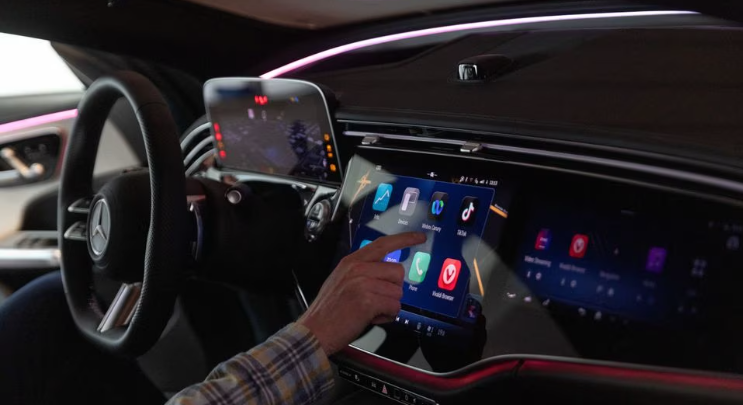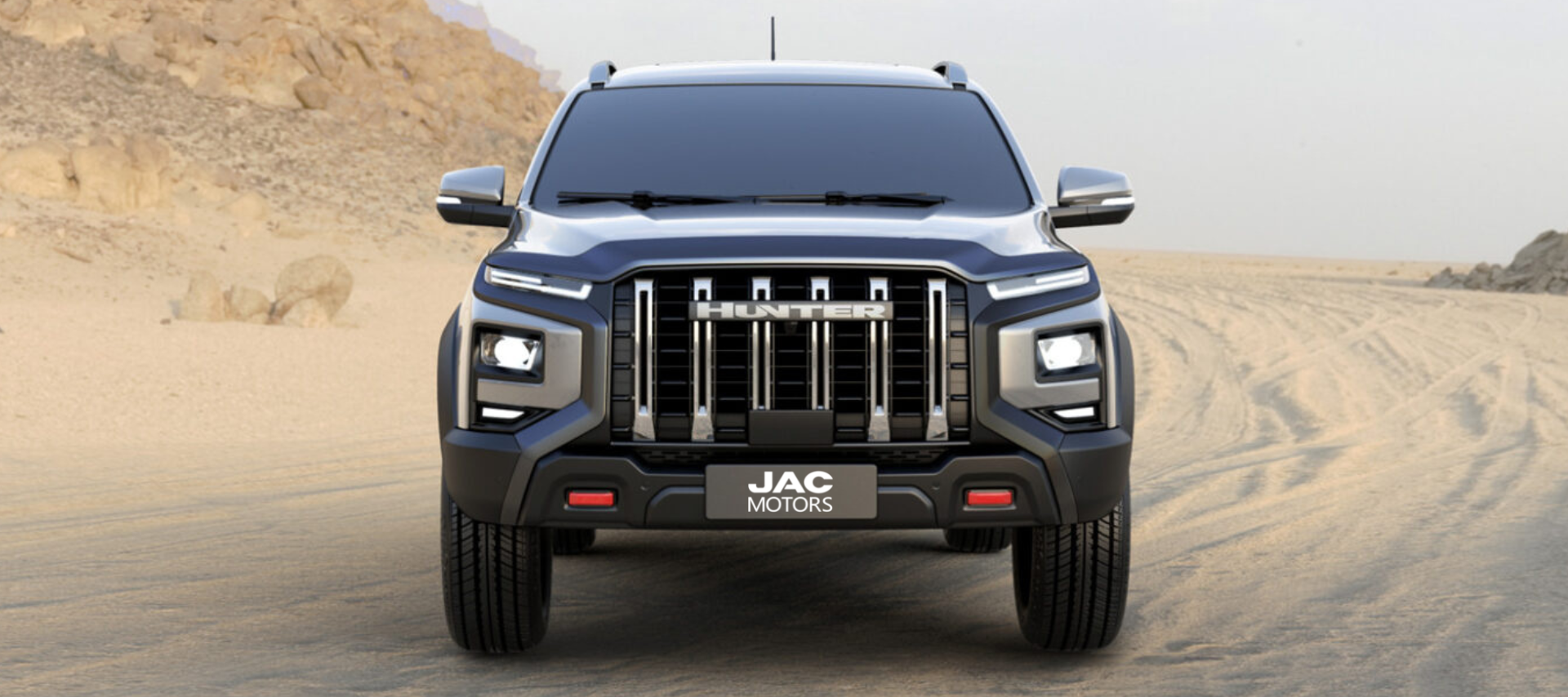In a recent report titled ‘The Economic Development in Africa Report 2023: The Potential of Africa to Capture Technology-intensive Global Supply Chains,’ the United Nations Conference on Trade and Development (UNCTAD) has unveiled a startling revelation regarding Nigeria’s heavy reliance on imports.
The report points out that Nigeria depends significantly on imported goods, including refined petroleum, cars, smartphones, cereals, and pharmaceuticals, putting the nation at risk.
The UNCTAD report highlights an opportunity for African nations, particularly Nigeria, to position themselves strategically in the rapidly evolving landscape of global supply chains.
With companies worldwide reevaluating their supply chain strategies due to identified gaps and risks, Africa could become an essential alternative for technology-intensive global supply chains.
Read also: CBN introduces FX price verification system portal for importers
Africa’s Unique Advantages
Africa’s growing population and expanding consumer markets present a unique advantage in attracting businesses seeking to diversify their supply chains. UNCTAD Secretary-General Rebeca Grynspan emphasizes the significance of these factors, stating that they position Africa as a strategic region for geographically diversified supply chains.
Additionally, Africa boasts substantial reserves of critical minerals essential for high-technology industries, such as automotive, electronics, renewable energy, and medical devices. This resource abundance could turn African economies into key suppliers of vital components for these industries.
Tackling Supply Chain Vulnerabilities
The UNCTAD report recognizes that several barriers hinder Africa’s participation in global supply chains effectively. These challenges encompass poor infrastructure, including transport and warehousing facilities, informality, weak institutions and regulations, fragmented markets, limited access to capital, low technology adoption rates, and political risks.
The report highlights Nigeria’s experiences in 2022, marked by subdued economic growth. Factors such as inflation, power supply challenges, and lower-than-expected oil production significantly impacted the country’s economic performance. These issues underscore the ugent need for Nigeria to enhance domestic production and reduce its dependency on imports.
The report suggests several strategies to enhance supply chain resilience in Nigeria and across Africa. These include:
Infrastructure Investment: Governments should prioritize infrastructure development, including transportation and warehousing, to improve the movement of goods.
Formalization: Encouraging formal business practices can reduce informality and enhance supply chain transparency.
Regulatory Reforms: Strengthening regulations and institutions will provide a more conducive environment for business operations.
Market Integration: Efforts should be made to integrate fragmented markets within Africa to create a unified and more substantial consumer base.
Access to Capital: Promoting access to capital for local businesses can stimulate domestic production and reduce import dependency.
Technology Adoption: Embracing advanced technologies can boost efficiency and competitiveness in supply chain
Political Stability: Addressing political risks is vital to ensure a stable business environment.
The Path Forward
In conclusion, the UNCTAD report emphasizes Africa’s potential to become a central player in technology-intensive global supply chains. Nigeria, as one of the continent’s economic powerhouses, plays a pivotal role. To seize this opportunity, African nations must address their supply chain vulnerabilities by improving infrastructure, fostering formalization, strengthening institutions, promoting technological innovation, and mitigating political risks.
As the world reimagines its supply chain strategies, Africa, with its burgeoning markets and valuable resources, stands poised to secure a vital place in the future of global trade. While the challenges are substantial, the potential rewards of economic growth, job creation, and resilience against global shocks make the effort worthwhile.


